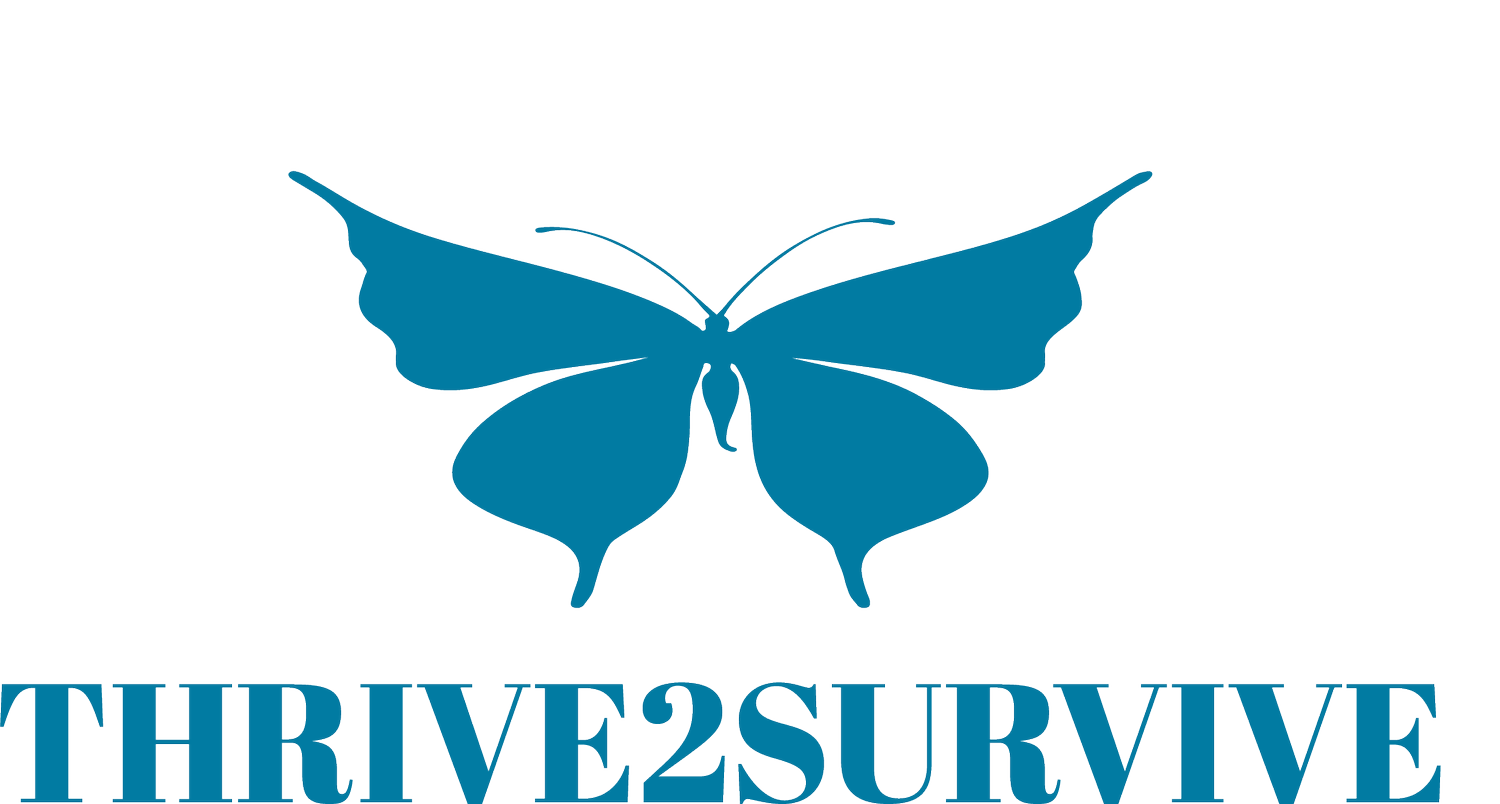
The Dewey House
Pacific northwest grassroots recovery program
Dewey’s Story
The Dewey House is named after a talented member of our community who struggled with mental health and addiction challenges. Dewey had a remarkable skill set, excelling in playing the drums, building cars, and achieving all-state recognition as a wrestler. Despite his initial successes, his life took a distressing turn when he started using substances. The ensuing struggles with mental health, including paranoid thoughts and voices, led to a diagnosis of schizophrenia. Despite attempts at medication, Dewey faced challenges in adhering to treatment while continuing to battle his addiction. Tragically, he reached a point where the burden of his mental health became unbearable, and he made the difficult decision to end his life. With Dewey at the front of our minds, we crafted the Pacific Northwest Grass Roots Recovery program (PNWGR).
About Our Housing Program
Our housing program is designed to serve those individuals who suffer from substance use disorder and low-barrier mental health challenges. Our homes provide housing for 6-10 residents in each house at a time and are designed in three phases with intensive case management, peer support, and structured programming. Our housing model allows individuals to stabilize after having experienced long-term homelessness or incarceration and work towards a stable, self-sufficient lifestyle. We seek to assist in ending homelessness by incorporating the Housing First model to include rapid entry without the need to be sober unless medically necessary, with the intention that with safe housing and peer support, they will become sober and seek recovery
For information on how to become a resident of the program contact
Charlie Hanset
Housing Director
(503) 901-7471 or email at
charlieH@thrive2survivewa.org
Our phase structure is as follows:
Phase 1 (stabilization): The first 30 days - In the stabilization phase of housing, residents gain resources to maintain residencies such as TNAF, SNAP, the HEN program, food stamps, or assistance for housing support. Our peer support specialist engages residents to help identify the individual's ongoing needs through a needs assessment, such as establishing primary care, dental needs, and identification needs. They enroll in needed treatment services to address persistent substance use disorder or mental health needs. We work to build self-sufficiency with our residents by assisting with program fees initially and working towards their ability to pay independently.
Phase 2- (community) In the community phase of housing, residents are assisted in building daily living structures and a sense of belonging by engaging in community support groups of their choice (A.A. N.A., Celebrate Recovery, SMART Recovery, Living in Balance, fitness, or other options). We feel strongly about helping others build a sense of connection to support a pro-social lifestyle. Peer coaches work to teach skills associated with budget management, resumes, job skills, building recovery support systems, and developing daily life skills.
Phase 3 - (recovery) In the recovery phase of housing, residents are supported in seeking employment, enrolling in school, and, if necessary, applying for long-term disability or social security. Our peer coaches have vast relationships with employers working with those entering or returning to the workforce.

